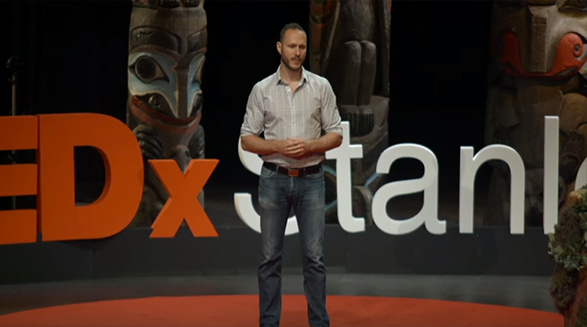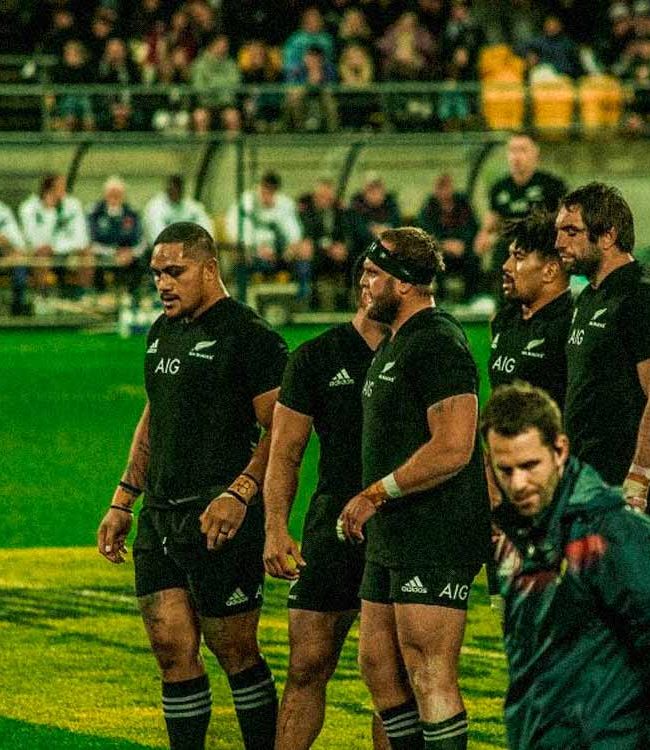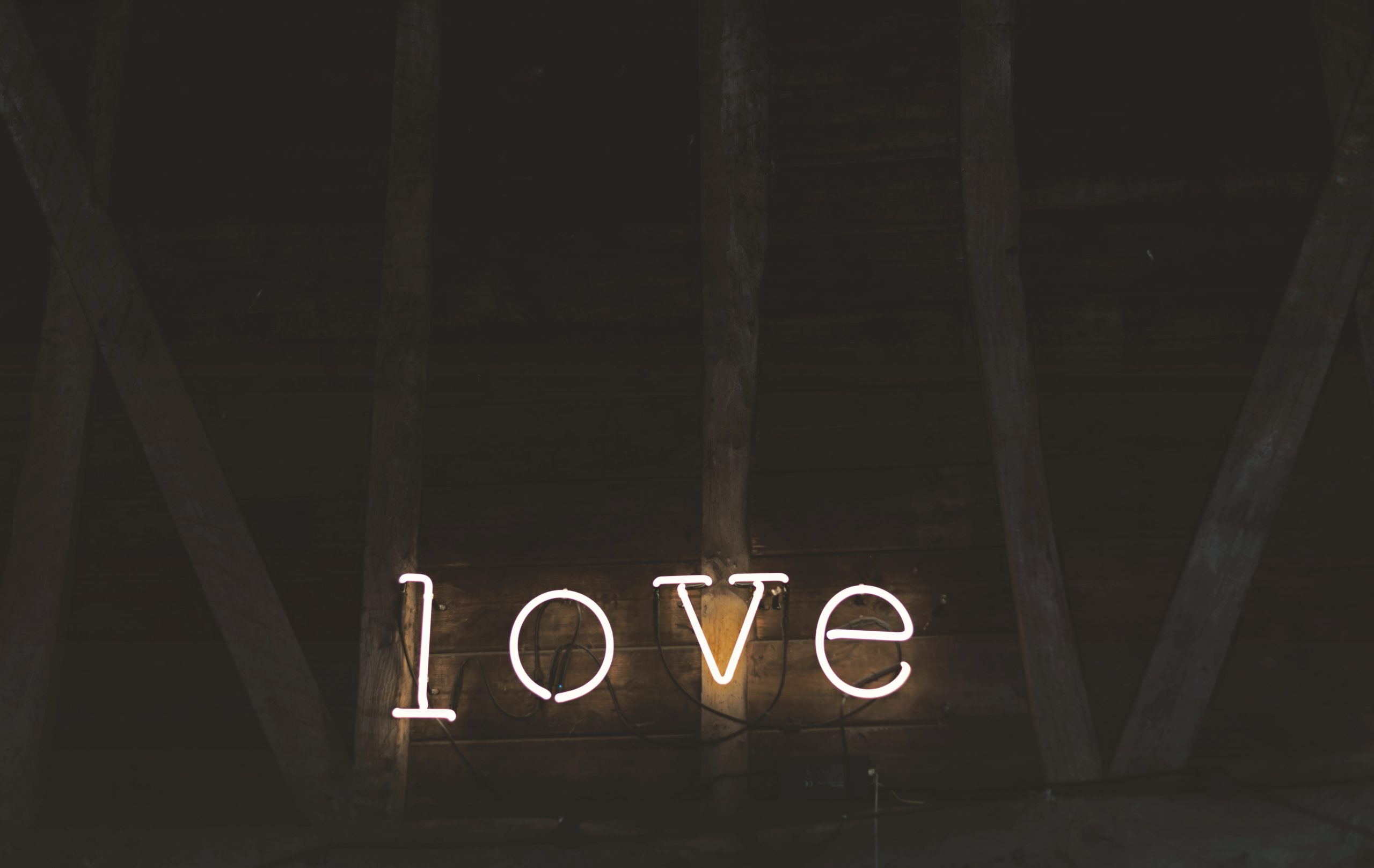‘Our attempt to be invulnerable as men IS our biggest vulnerability’ – Connor Beaton
Recent Ditch the Label research not only revealed that boys were almost twice as likely to bully than girls, but that young men are far less likely to open up about issues that upset or worry them. Why? From a young age children are wrongly taught to believe that expressing emotion is something ‘only girls do’. Boys are told to ‘man up’ and to develop a ‘stiff upper lip’ and our research demonstrates how this negatively impacts on their behaviour later in life. Masculinity is presented to young boys as a conditional thing: you can only be masculine if you fit the traditional mould and you can’t be masculine if you’re emotional, sensitive or compassionate. It’s about time we ditched these outdated and limiting social constructs. We talked to ManTalks Founder and TED speaker Connor Beaton about the toxic effects masculinity is having upon young boys and the ways in which we can conquer gender stereotypes.
DtL: What inspired you to do your Ted Talk ‘The Mask of Masculinity’?
Connor: So many things, but mostly the fact that for a long time I wore every mask possible to try and find what masculinity meant to me. I started to see that so many guys were putting on a mask in order to fit into some stereotype of what they were told or what they thought being a man should be. When I started to deconstruct and collapse my own identity and look at who I really was and wanted to be, I started to look objectively at what it meant to be a man.
“I started to see that so many guys were putting on a mask in order to fit into some stereotype of what they were told or what they thought being a man should be”
I started connecting with a lot of men and talking about their biggest lessons in life, biggest challenges, struggles as a man and what made them tick. When I really started to dig in, I found that more men were struggling to connect with other men than I had thought possible. Guys were talking about surface level things making everything look great on the outside while struggling behind the scenes.
DtL: What is it like to be a man in 2016 and what needs to change?
Connor: I’m going to answer this by sharing the views of the thousands of men I have connected with across North America rather than simply sharing my own insight.
The majority of men say the same thing; there is more pressure than ever before to be a man. More expectations, more to do, more to learn, more adaptation required and more challenges.
Society is calling us out to grow and adapt, be more emotionally intelligent and take a stand for equality, yet no real resources or education are being presented to shift the narrative and perceptions of what a man should be, so how can we grow into what is being asked of us? Most men are willing to grow and want to be successful, yet when they try to take a step towards being more integrated, they are ridiculed by friends or quickly find themselves isolated because they are doing something different. And as a man, as soon as you step out of what is socially acceptable, you are labelled as gay, weak, like a girl (not that there’s anything wrong with this) or a failure as a man.
“Our attempt to be invulnerable as men IS our biggest vulnerability”
One of the biggest things that needs to change in order for real progress to happen is our perception and social construct of what it means to be a man. A perfect example of this is Spartan Warriors. Spartan warriors were the best fighters in the world. What is less known about them is that a large part of their training included formal dance lessons, poetic writing and music lessons.
Today, this is not acceptable. A boy or man can take Judo, karate, boxing lessons or any other type of martial arts, but if he takes dance lessons, music lessons or is artistic, he will be ridiculed, his sexuality will be directly questioned and he will have to explain why he’s doing these things. I would summarise it like this: our attempt to be invulnerable as men IS our biggest vulnerability. Imagine a warrior or army saying that they were impervious and impenetrable. They never looked at or understood what their vulnerabilities were. This would leave them wide open and susceptible to attack and failure. Yet, this is how most men are taught to live; ignore your vulnerabilities, avoid understanding them and pretend they don’t exist so you can be strong and not weak.
DtL: If you could go back in time, what one thing would you tell your younger self?
Connor: Your manhood is not dependant on what you do, but rather who you are and what values you represent (honest, integrity, strength, love, drive etc). I’ve sang opera, worked in construction and worked as a marketing exec for the largest company in the world and NONE of these things defined me as a man, they simply defined what I did for a living.
DtL: Our research found that boys are more than twice as likely to bully than girls. Why do you think that is?
Connor: There are MANY reasons for this, its a huge question and more complex of an answer is required than what I can give here, but I will do my best.
I’d narrow it down to 3 things:
Social Isolation
More than ever, young boys and men are isolated from healthy peers and mentors. More than ever we see broken down family systems, absent fathers, a lack of mentorship for young boys growing up and all of this leads to young boys feeling socially isolated. By 19, 50% of men can’t identify a male ‘close friend’ or ‘best friend.’ Men are disconnected from one another and it starts at an early age.
Definitions of Masculinity
Many young boys are being taught confusing messages about masculinity. Be hard, strong and invulnerable, but soft, empathetic and expressive. They are confused. This often causes them to move in two directions: Hyper masculine (bullying, talking down to people) or the ‘Nice Guy’ who is a push over, doesn’t take a stand for what he believes in and ends up being repressed, passive aggressive and can lash out and bully in a different way.
There are many boys who are still being taught that being a man means valuing your brain above your heart, that your sexual abilities are more important than your contribution to the world, that a man should be invulnerable to pain (emotionally and physically) and that masculine qualities or traits are somehow more valuable than the feminine (things like art, creativity, expression etc).
“Let go of the macho BS that’s cutting you off from real connections and conversations”
Competition VS Challenge
Many young boys are taught to be in competition with one another which leaves them disconnected from one another and often leaves them vying and fighting for a spot at the top of the hierarchy. Now, I’m not saying the competition is a bad thing, it is very healthy for young boys and men to have competition in their life, however, within our social structures (especially schools) most young boys are in a constant state of trying to prove themselves to the people around them, and this often leads to the bullying and posturing that we see so commonly in our societies.
DtL: Is there anything you would like to add?
Connor: Just to call boys and men to look at their perceptions of what it means to be a man. Let go of the macho BS that’s cutting you off from real connections and conversations, integrate all sides of your masculinity, understand the benefits of the feminine and stop conforming to some idea of what you think it means to be a man and make your own. As long as it empowers you and others and doesn’t come at the cost of someone else’s happiness or safety, you’re on the right track.













